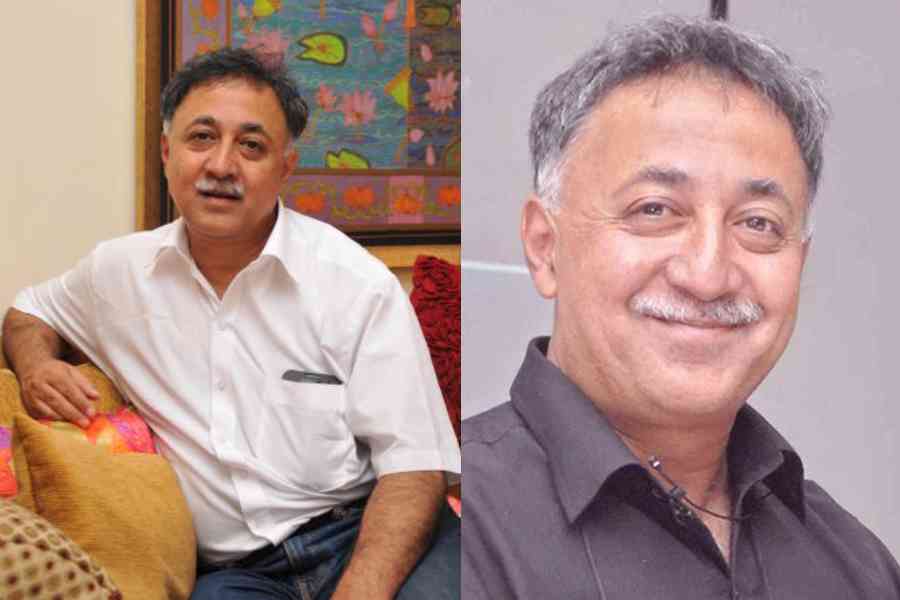Actor Aamir Khan’s review of Mansoor Khan’s latest book, printed on the cover, connects on multiple levels. Yes, it challenges the mind and then blows it apart. One: The Story of The Ultimate Myth challenges our perception of reality. It makes a successful probing attempt at our consciousness and makes us question our choices, alters our trust in science and technology, and plays on the mind for long, even egging us on to make new sound choices.
Khan, interestingly, is the man behind superhit films like Qayamat Se Qayamat Taq, Jo Jeeta Wahi Sikander, Akele Hum Akele Tum and Josh, who moved to Coonoor, from Mumbai, in 2003. The new connection with nature and the influences of alternative-thinking writers led Khan to pen his second book, a 140-page long fiction that took him 20 years to present. t2oS caught up for a chat with the camera-shy Khan who still hasn’t “stopped asking questions”.
The man behind the making of superhit films can write such a deeply moving book, a book that makes you think, reflect, take notice, and may even change hearts. What was it that started all this 20 years ago?
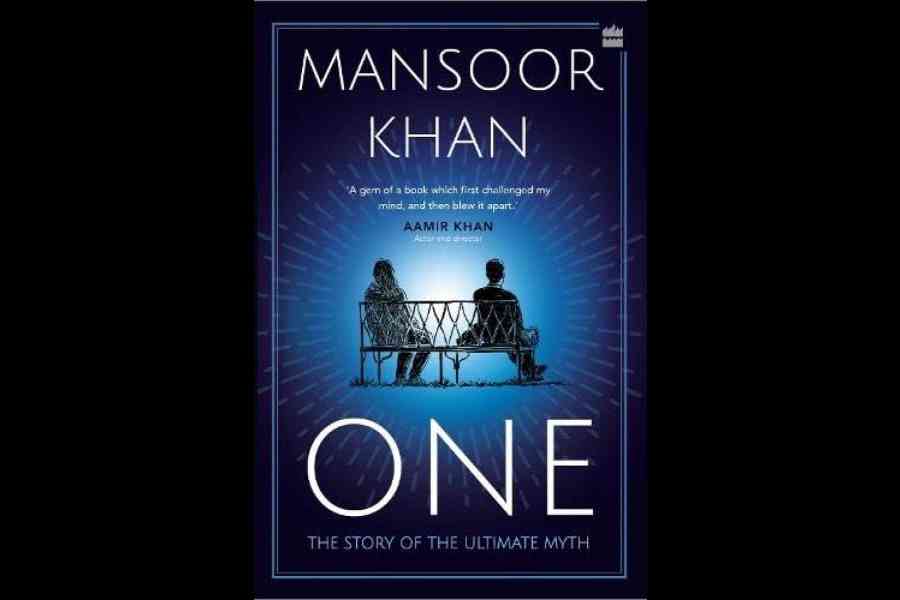
One: The Story of Ultimate Truth
Making superhit films was an unexpected blessing. Writing a deeply moving book was my inner self-awakening and destiny. In 1997 my dearest land, outside Mumbai, on which I wanted to live for the rest of my life, was marked as a prospective site for an international airport for Mumbai. That started my journey of asking questions such as, ‘What do you mean by acquisition?’ ‘What do you mean by development, displacement of people, rehabilitation of people’, and then that went on further to environmental questions and economic questions and finally I read a book called One Straw Revolution by Masanobu Fukuoka. It completely inverted my view about science and technology, which are supposed to be sacrosanct truths in our world. That book convinced me that it is a falsehood that we all believe that science is the absolute truth, and that technology is the answer to all the world’s problems.
Over several years, after reading alternative-thinking writers such as John Zerzan, Derrick Jensen, Charles Eisenstein, and Daniel Quinn, it cleared up my complete perspective on what reality actually is. My book is fiction but conveys what these authors are talking about and much more. I would highly recommend readers to explore these writers.
Your first book, The Third Curve, released in 2013, also talked on similar lines. Was it a precursor to One: The Story of Ultimate Truth?
Actually from 2000 onwards since my mind shifted perspective, I intended to work on One: The Story of The Ultimate Myth but it was taking time because the subject is so paradigm-shifting that I really wanted to communicate in the best way possible. In the meantime, I became aware of energy reality like peak oil, which nobody in India knows about except a handful of people. Therefore, I gave a few dozen lectures on this topic, and I was expecting that surely after the 2008 global financial collapse somebody in India would recognise the correlation between declining energy availability and the possibility of perpetual growth. Energy is the true capital that drives economies and since it is in decline, our model of economics would be in trouble. But no one in India spoke about it. So, I was compelled in 2011 to start writing The Third Curve: The End of Growth as We Know It to explain the correlation between energy and economics. The laws of economics we make ourselves but the laws of energy, thermodynamics, are made by God. Whichever God you believe in. Now you can guess who will win.
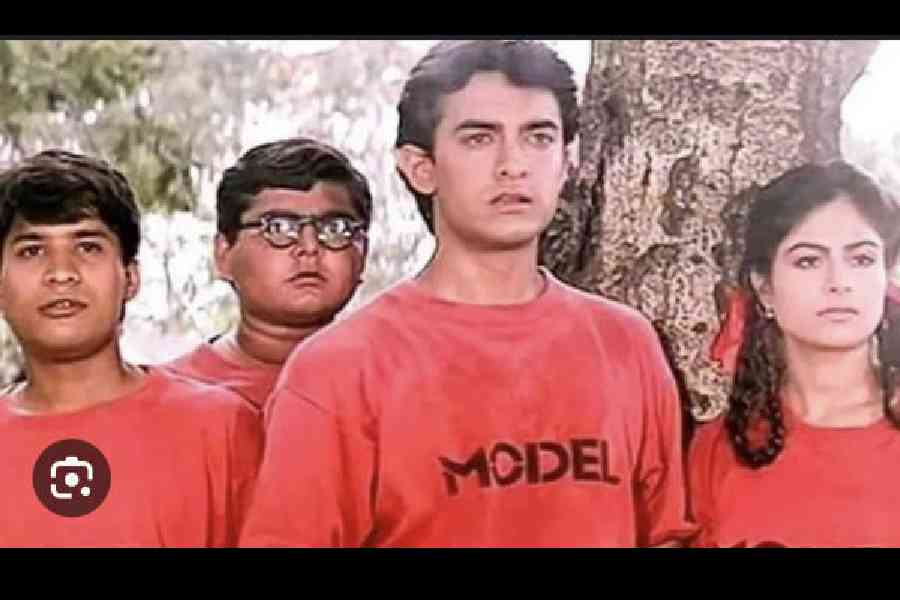
Still from Mansoor Khan-directed film — Jo Jeeta Wohi Sikandar
So, in that sense, The Third Curve is only a thin sliver of what I address in this book. One is the complete whole truth about reality and how our culture civilisation is out of sync with reality and therefore creating the collapse all over the world that we are blaming wrongly on all humans. That is the biggest lie because there are 5,000 other human cultures that we call indigenous, tribal, hunter-gatherers and they are not causing any of this. Then how come the whole world, including the experts and scientists and economists and statesmen are all repeating this humongous lie that ‘man is causing the collapse’. That is utter rubbish!
How challenging was it to put your thoughts out on reality in a book and meld fiction with it?
That is great question. Thanks. Every story has a natural length of narrative based on its premise and plot. Because this was a fictional story in which I was embedding a thought, there were many constraints that were imposed on me from the principles of good writing, and I had to naturally respect those rules. Keeping in mind that my actual objective was to convey the thought, I had to make sure that the plot did not overpower it. Vice-versa, the thought within the plot should not take over so much that people don’t actually enjoy the fiction narrative. I believe that this was one of the most challenging writing experiences that I have lived through. No wonder it took me 20 years to write this book.
Are the prime characters of Sonal and Abhay inspired by someone?
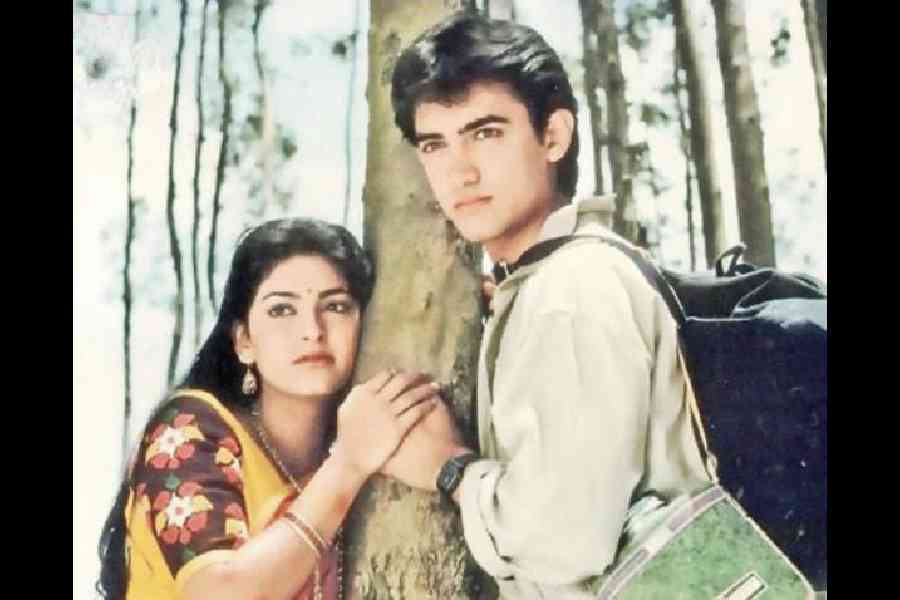
Qayamat Se Qayamat Tak
Actually, Sonal and Abhay represent two aspects of my journey. Earlier I was a science and technology worshipper like Abhay. The reality of large projects and their social and environmental issues awoke the Sonal in me. What actually triggered these two characters in my mind was an event in 2000. I used to speak so passionately, sometimes aggressively and very argumentatively, with everybody around me who did not understand what havoc large projects, in general, and large dams in particular, cause. Because these discussions were so emotionally fuelled, I used to later feel guilty for my behaviour and that would deeply trouble me. One day after such an event I was feeling so disturbed that I came to the realisation that either I was insane, or the rest of the world is insane. And from that feeling arose Sonal and Abhay. From there on the fictional narrative just flowed in my head. I was never planning it as a fiction book.
You moved closer to nature, to Coonoor. How has that changed you as a person?
Actually, I was not thinking about nature or ecology when I first decided that I wanted to escape the city. That was 23 years ago. Making four Bollywood films was only a side product in this constant pursuit to run away from the city. And by the way, I was not running away but I was running towards something that appealed far more to my psyche than any city does. And by saying that, I am not in any way denigrating people who love cities and what cities have to offer. Maybe it’s for them, the choice of 300 restaurants with worldwide cuisines, art, events, music performances and other such amenities that only cities can offer, but that was not my calling or priority. So, it was not moving to Coonoor that changed me, but yes moving to Coonoor allowed me to delve so much deeper into what kind of a person I am and from the first day I felt that I was finally alive.
Do you think the population at large, who are busy in the rut of life across the world, will understand the message in the book?
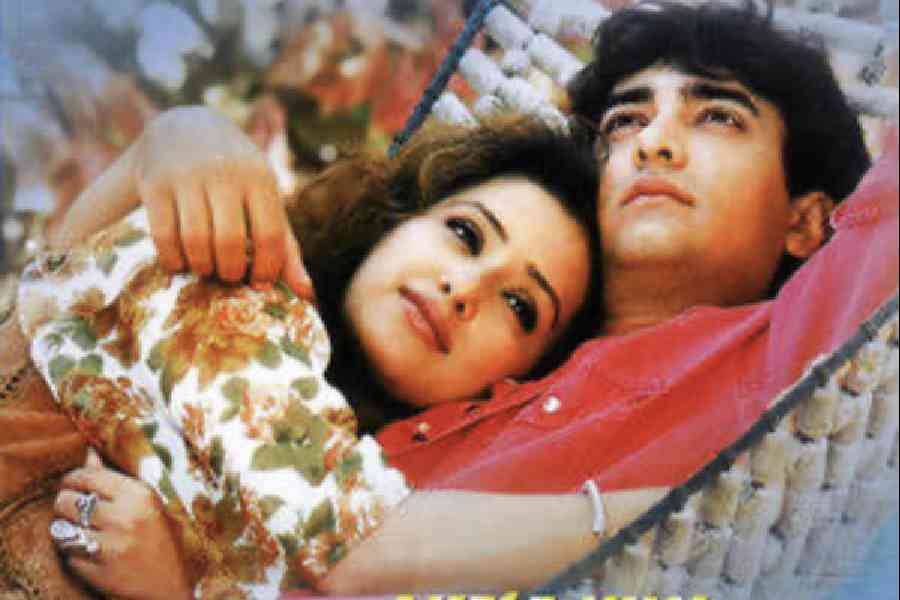
Akele Hum Akele Tum
So, do you mean that I should only give messages that people want to accept? When a doctor tells a chronic smoker that smoking is killing him and the doctor knows that the patient will not accept this, then he should not give this message? In the end, you are dealing with reality and that is what I am pointing out. In both my books the key premise is reality. And as I have mentioned in a quotation at the beginning of my first book, ‘Deal with Reality or Reality will deal with you’. In this book, I have added the extra sentence, ‘Reality does not negotiate.’
Also, are we not too late to understand and work upon to undo what civilisation has done to us?
Are you implying that it is too late to admit the truth of how reality behaves? Because I am only an observer who is telling what the truth of reality is. Besides how do you know it’s too late if you haven’t even discovered the truth, which is that reality is an interconnected One and our culture called civilisation tries to perceive it with boundaries and comes up with our kind of nonsensical boundary-science (non-holistic) and boundary-technology (innately destructive). That is what has created the converging, catabolic, collapse we are witnessing.
